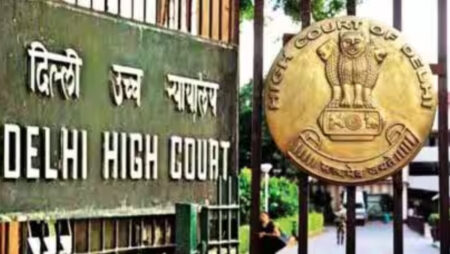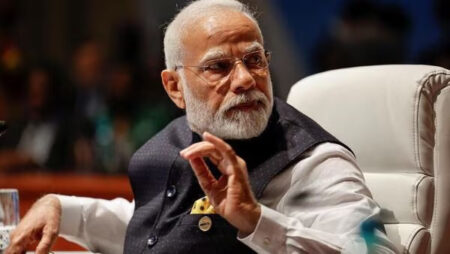In a significant development, the Bombay High Court has exposed and condemned an international human trafficking network that exploited young girls from Bangladesh and forced them into prostitution using forged Aadhaar cards and bringing them to India. The court’s decision is a stern reminder of the pressing need to address the rampant issue of human trafficking in the region.

Bombay High Court Takes Strong Action Against International Human Trafficking Network Exploiting Girls from Bangladesh
Unravelling a Disturbing Web of Exploitation
The court’s recent verdict shed light on a disturbing network that lured vulnerable girls from Bangladesh into India and then subjected these girls to deplorable conditions and forced them into the harrowing world of prostitution. The traffickers utilized forged Aadhaar cards to provide false identities, making tracing and rescuing the victims even more difficult.
Investigation by Maharashtra Police
The Bench criticized the Maharashtra Police for being lackadaisical in their approach to unearthing this intricate trafficking network. A meticulous investigation was not carried out, and there were reports of a police officer being involved and booked regarding the case for sexual and monetary exploitation of one of the victims as well. The police had been warned by the High Court to take strict measures and conduct an active investigation into the case, or else the case be transferred to the Central Bureau of Investigation (CBI).
High Court’s Firm Stand Against Trafficking
The Bombay High Court, recognizing the gravity of the issue, took a strong stance against the traffickers and their enablers. The court emphasized the need for stringent actions to be taken against those involved in such heinous crimes. This verdict serves as a deterrent to potential traffickers and sends a clear message that the judicial system will not tolerate human exploitation under any circumstances.
Forged Aadhaar Cards: A Menace to Society
The use of forged Aadhaar cards in this trafficking scheme raises concerns about the vulnerabilities within official identification systems. The case underscores the urgency to strengthen document verification processes to prevent their misuse in criminal activities. Government authorities must collaborate to enhance the security features of identification documents, minimizing the risk of such fraudulent activities.
International Collaboration for Justice
The multi-country nature of this trafficking network highlights the necessity of international cooperation to combat human trafficking effectively. Cross-border law enforcement collaboration, information sharing, and streamlined legal procedures are essential to dismantle such networks that transcend national boundaries. This case serves as a precedent for fostering stronger ties between countries to ensure swift justice for victims.
Empowering and Rehabilitating Victims
While delivering the verdict, the Bombay High Court also emphasized the importance of providing adequate support and rehabilitation to the rescued victims. Initiatives that focus on counselling, skill development, and integration back into society are crucial for helping survivors rebuild their lives. The judgment encourages authorities to prioritize victim-centric approaches in their anti-trafficking efforts.
Raising Awareness and Prevention
Preventing human trafficking requires a holistic approach involving public awareness campaigns and educational initiatives. This case underscores the need for comprehensive programs that educate individuals about the tactics employed by traffickers and empower potential victims to recognize and resist exploitation. By fostering a vigilant society, it becomes increasingly difficult for traffickers to operate covertly.
Conclusion
The Bombay High Court’s verdict against the international human trafficking network exploiting girls from Bangladesh serves as a landmark moment in the fight against this pervasive crime. The case highlights the critical role of law enforcement agencies, judicial bodies, and international collaboration in addressing human trafficking effectively. This judgment reinforces the commitment to eradicating the scourge of human trafficking and protecting the most vulnerable members of society.












